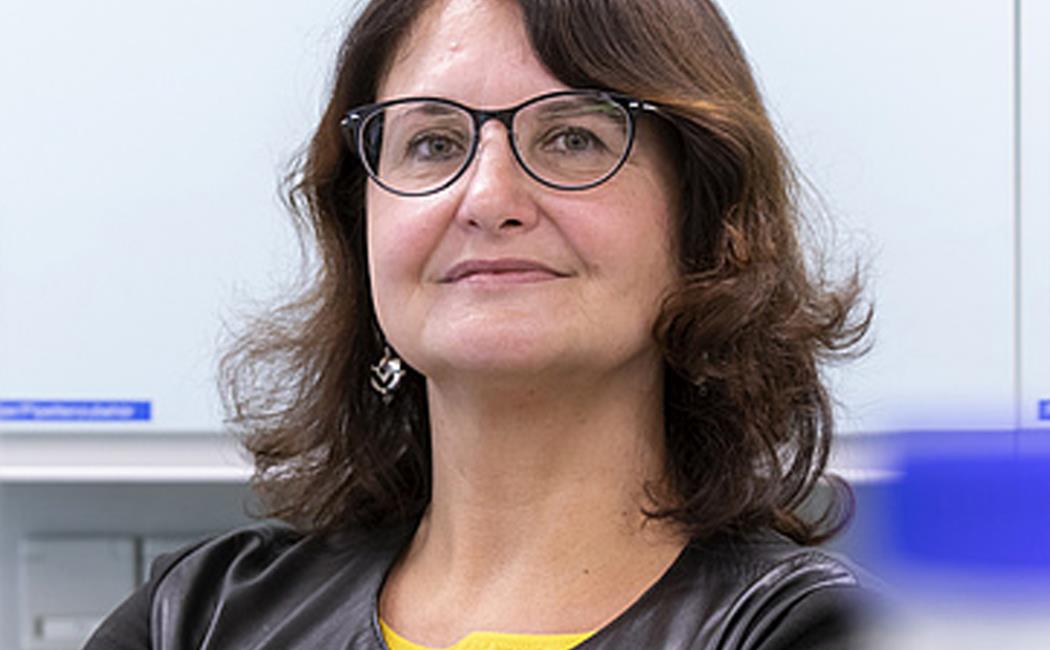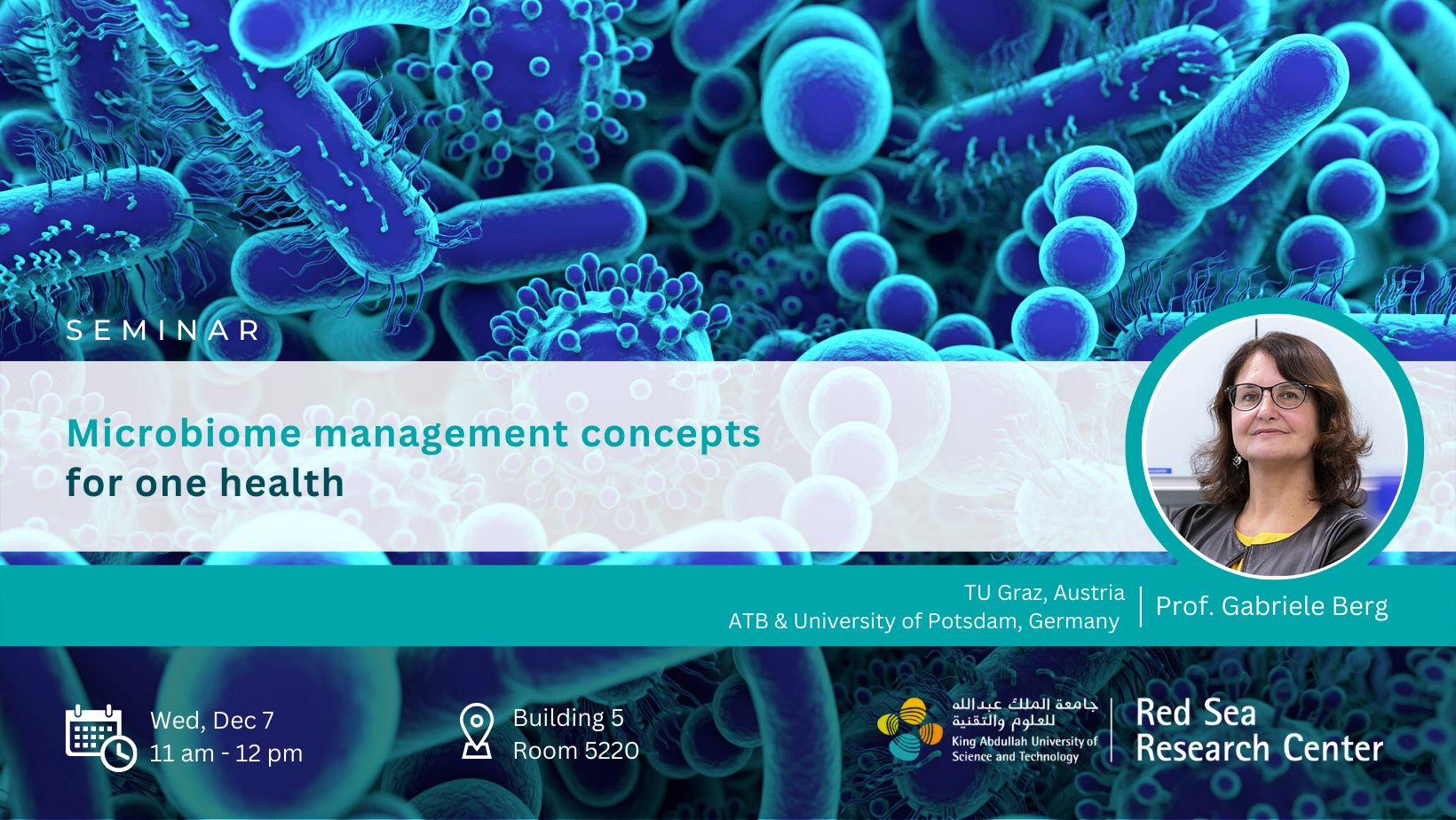



Zoom Webinar: https://kaust.zoom.us/j/99955867530
Abstract:
Understanding and managing microbiomes offers promising perspectives for all health issues. The synergistic impact of anthropogenic factors on the inter-linked plant microbiome such
as biodiversity loss, pollution, ozone depletion, climate change and changing biogeochemical cycles is less understood. Recent studies indicated a general shift of the plant microbiota characterized by a decrease of evenness and specificity, and an
increase of r-strategist and hypermutator prevalence as well as antimicrobial resistance. This typical microbiome signature of the Anthropocene is often followed by a dysbiosis, which leads to outbreaks of viruses, pests and pathogens. The plant microbiome
is the key to the second green revolution because it can provide solutions for sustainable agriculture. Beyond, the plant microbiome is connected across systems and crucial for human and planetary health issues as well. Examples will be discussed.
In conclusion, diversity within the microbiome and resistome are interconnected, and should be managed by microbiome management together.
Speaker: Prof. Gabriele Berg
Speaker bio:
Gabriele Berg studied biology, ecology and biotechnology at the universities in Rostock and Greifswald obtained her Ph.D. in 1995 in microbiology from Rostock University (Germany). In 2005 she became a full professor in environmental biotechnology at
Graz University of Technology (Austria), and in 2021 an additional professorship in Potsdam (Germany). Her interests are focused on microbiome research and translation of the results into new biotechnological and microbiome management concepts for
health issues. From 2018 - 2020, she belongs to the most influential researchers world-wide (top 1, Clarivate Analytics), and received diverse awards, e.g. Knight`s Cross for research Styria (2022).